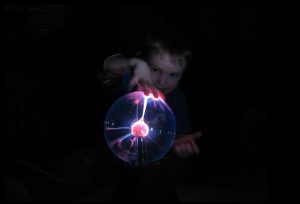
What is a Growth Mindset? If your child has this, it makes them open to becoming a great learner.
How do you spot if your child has this potential?
There are a few key signs that your child has a Growth Mindset. The pointers include a child who is
• constantly curious, almost addictively so
• always keen to spend time doing homework or learning about new things
• determination and not giving up easily
• they are always questioning things
• they are keen to share what they know
• they realise that failing or getting something wrong still means they’re learning
• they have the ability to change how they think about something when they are learn something different
• they realise not everything is fun and that you have to put in the hard work
The Positivity of a Growth Mindset
Basically, it is when children are open to new learning and new possibilities, and they’re not being held back by the fear of failure. You can help them achieve this.
Think about how you approach things
Have you ever told yourself that you simply can’t do something you’ve never tried before? Perhaps it’s running a 5k race, writing a book, or giving a speech in front of hundreds of people.
Why do you say that? It’s because of a fixed mindset. Some people have a fixed mindset about everything – they don’t like being out of their comfort zones and believe their skill levels are fixed. Others have a fixed mindset about certain parts of their lives – they may well be open to new learning at work but believe they’ll never be able to play an instrument.
People with a growth mindset view the things they’ve never tried before as a challenge and feel failure is feedback.
Many of us were praised for achieving things. While every parent has done it, it reinforces that fixed mindset. We feel we achieve a certain level of skill, and that not to achieve it is a failure. We may have even been told we were “the best” at something – then realised later we probably aren’t!
If we want to instil a growth mindset in our children, we need to encourage effort and praise the process rather than the results. It’s also OK to give constructive, kind criticism to help your children improve. We should also be specific in our encouragement.
It’s useful to think of our brains as a muscle, and this kind of encouragement as exercising that muscle to help our children develop a love for learning and become resilient.
Here are some examples of growth mindset reactions:
Your child comes to you with a painting.
A fixed mindset response would be: “That’s great – you’re so good at art.”
A growth mindset response would be: “I really like the way you’ve drawn this man. Why did you decide to put him on an island?”
Your child gets all the maths questions right.
A fixed mindset response: “100% – that’s brilliant!”
A growth mindset response: “You worked really hard on your maths this week, learning about fractions, and that meant you got all the questions right. You should be really proud of yourself.”
Help your child to achieve a Growth Mindset and the ability to learn more easily by considering how you praise them.
A version of this article was first published at nsmct.co.uk.
